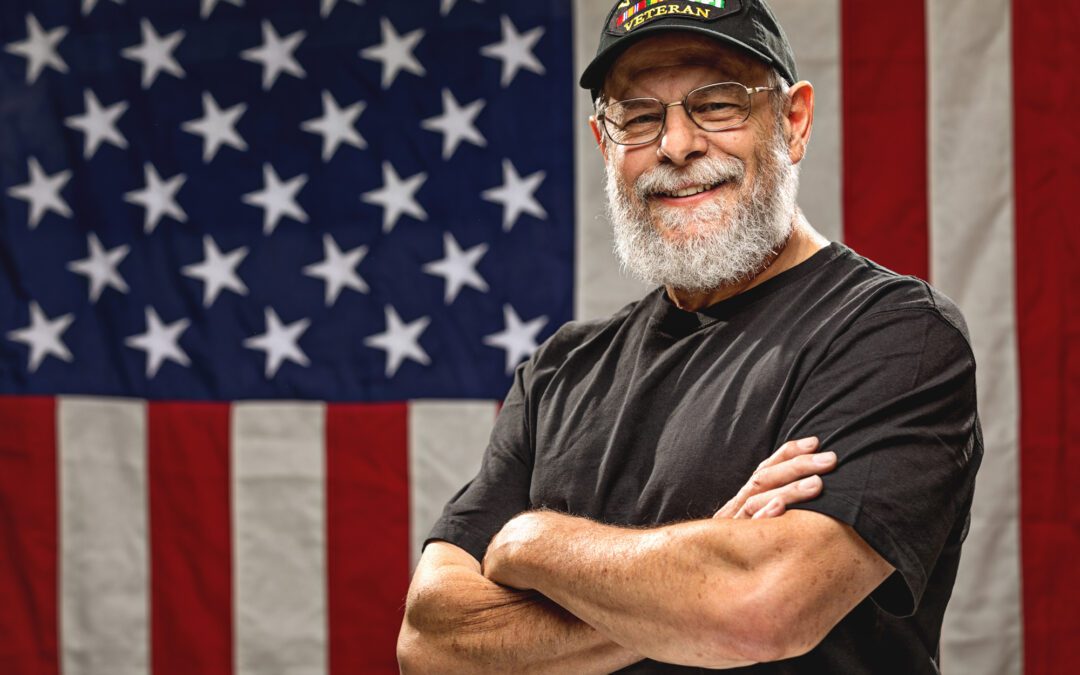I’m in the process of determining my future. Given what I’ve learned about myself and the relationship between trauma and the ways in which we deal with it, I’ve given thought to taking a smart recovery position outside of St. Cloud.
After my deployment was over, I was faced with the challenge of trying to somehow match that excitement and high-tempo routine.
It’s hard to replicate the adrenalin rush that one gets working in the military. For me, nothing can match the sense of doing something dangerous, and doing something dangerous for a purpose.
In my role with the Navy, I was among the boots on the ground in the Middle East. I saw the effects of war and came home with a darkness inside me that so many other veterans have experienced.
After my deployment was over, I was faced with the challenge of trying to somehow match that excitement and high-tempo routine. Of course there is no substitute in civilian life for what I did while with the Navy, but I tried to find it.
The closest I could come was gambling. It offered me some of the same aspects of life in the Navy: adrenalin, something to engage in, and a form of escapism. It’s only recently that I’ve begun to understand the connection and similarity between the highs of gambling and my life in the Navy.
My gambling started in a very casual way. I remember taking a long drive into the mountains when I was based in the Washington, DC, area. I ended up at a casino in West Virginia by complete accident. I enjoyed myself and it was simply fun recreation.
My gambling didn’t really become a problem until I left the Navy in 2006. I started going two to three times a week and it was my only real outlet. It became my social pastime.
I continued to gamble for much of the next ten years. But things really went off the rail in 2016, when I was a taxi driver and made frequent stops at a casino in the small town where I lived. Rather than wait for the phone to ring to transport passengers from the casino, I would end up inside the casino spending all the money I earned that day. Things got very bad and life felt hopeless.
At this point, I knew I had a problem. But I wasn’t sure that anything could be done about it, nor did I know how I could actually get help.
Then an unexpected thing happened. While on Instagram, I was viewing photos from an old Navy colleague. I didn’t recognize the buildings in his photos and decided to message him to learn more. He told me they were from Minneapolis. When I asked, “Why Minneapolis?” he explained that he was in Minnesota after getting out of a VA rehab facility in St. Cloud.
When we eventually talked—for the first time in about 10 years—it all started making sense. I knew him personally and knew about his dangerous streak, so hearing that he was in rehab made sense. I also saw many parallels to my story. I asked him questions about the process and then obtained the link for the VA facility that could help me.
As soon as I got off the phone, I started packing my car. I drove three days to make it to St. Cloud from the west coast. I didn’t even call ahead of time and walked right to the urgent care desk and said, “I need help.” I was feeling suicidal and couldn’t take no for an answer.
When I got to St. Cloud, I told the doctor that in addition to a problem with drug and alcohol addiction I also had a gambling problem. I was placed in a residential treatment program on July 14 with a dual addiction diagnosis and stayed for 60 days. Until then, I didn’t know that treatment programs like this existed.
A part of the program involved cognitive behavioral therapy. During these sessions, I gained a better understanding of how my actions were related to the trauma I suffered in the Navy and how the things I did were efforts to try to deal with that trauma. When you get into a program like this, you see the bigger picture. More importantly, you see that this addiction can be managed and that it can be cured.
I’m trying to start anew in a place where I have no routine connected with gambling and where there is no casino in town. I’m living in the House of Charity in Minneapolis and am following through with my aftercare, including meeting with a therapist to keep me on my path.
. . . when I was a taxi driver and made frequent stops at a casino in the small town where I lived. . . I would end up inside the casino spending all the money I earned that day. Things got very bad and life felt hopeless.
I’m in the process of determining my future. Given what I’ve learned about myself and the relationship between trauma and the ways in which we deal with it, I’ve given thought to taking a smart recovery position outside of St. Cloud, something that would require a certification program. From past experience, I realize that I have to feel fulfilled in my occupation or it won’t work.
I’m prepared for this to be a long, slow process. But that’s OK. It’s taken me a long time to get to this point and I realize how important it was for me to get there.

